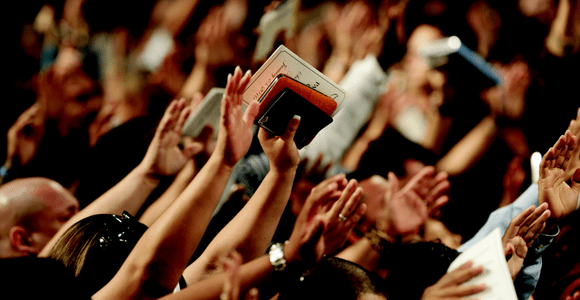Welcome readers! Please subscribe through the button on the right.
(Read this series from its beginning here.)

Because of these passages, some Christians have long falsely taught that the Temple was destroyed because the Jews “rejected” Jesus. I would instead argue that what we see in the Jesus story is classism playing out. Many Jewish people embraced Jesus’ liberation movement, but the upper classes in the story, threatened by Jesus and his teaching, were the only ones who played any part in turning him over to Rome to be crucified.
If there was an intrinsic cause that produced Rome’s destruction of the Temple, it was Rome’s economic exploitation of Jewish people that lead to the peasant uprising, which in turn led to the Jewish Roman War and a series of Roman destructions of Jerusalem and its temple, one of the worst of which was in 70 C.E.
Many scholars are convinced that this week’s reading was written well after this destruction took place, and that the author was trying to makes sense out of a world without a Jewish Temple. I agree.
So is there anything life-giving that we can glean from this week’s reading today?
I believe so. This passage in the lectionary gives us the opportunity to talk about the harm that some interpretations of Christianity’s sacred texts have led to. Supersessionism, the theological theory that Christians have “replaced” Jews, is only one example. The passage invites us to confess where we have sinned against our fellow members of our human family. And it gives us an opportunity to affirm or re-affirm our need to choose more life-giving actions today.
Through this week’s reading, we can do all of this in the context of honestly naming the harms against Jewish people that Christians are responsible for. Which other people have we as Christians harmed? What do we need to practice openly naming and making repair for today?
(Read Part 3)













